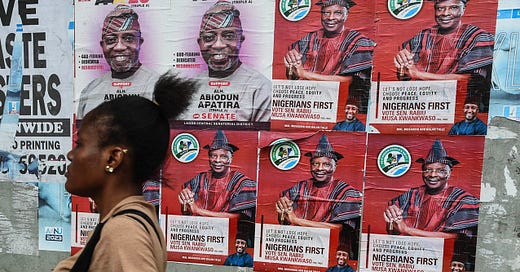Little big men’s fiefdom woes
Nigeria’s never-ending struggle over local government freedom continues in the current presidency.
Toheeb Babalola
Competition between its different levels of governments is a longstanding feature of Nigerian governance.
In 2020, president Muhammadu Buhari empowered the country’s 774 local governments with an executive order giving financial autonomy to local government areas (LGAs), including the legislature and judiciary.
This should have ended their subservience to state governors, who are often accused of embezzling funds and undermining local authorities. The country’s 36 state governors responded by taking the federal government to the Supreme Court. This proved unsuccessful, but the 2023 elections put a Senate Bill granting LGAs financial administrative authority on hold.
In the interim, Seyi Makinde, a governor from the southwest and vice chairman of the Governors’ Forum, refused to implement the changes of the Buhari executive order for the 33 local councils in his state, claiming that LGAs are fraudulent arrangements. Other governors supported his stance, leading to a political standoff.
Following President Bola Tinubu’s election, the federal government turned the tables, taking the governors to the Supreme Court in May 2024. There was widespread public approval when the seven justices issued a judgement granting LGAs financial autonomy but Makinde told the media that the ruling was a “distraction” that should be ignored.
Social activists then mobilised in July to urge the federal government and the Senate to address the issue by revising section 162(6) of the Constitution. One key demand is for governors and LGAs to have separate bank accounts to prevent the diversion of LGA resources.
This appears to have had some traction, with the Senate announcing plans to amend constitutional provisions that are in tension with the Supreme Court’s ruling.
The battle is now moving to the polls, however, as state governors seek to ensure the election of loyalists to local councils to retain their dominance no matter what happens to the law.
In Nigeria, sometimes winning the legal battle is only half the struggle.




